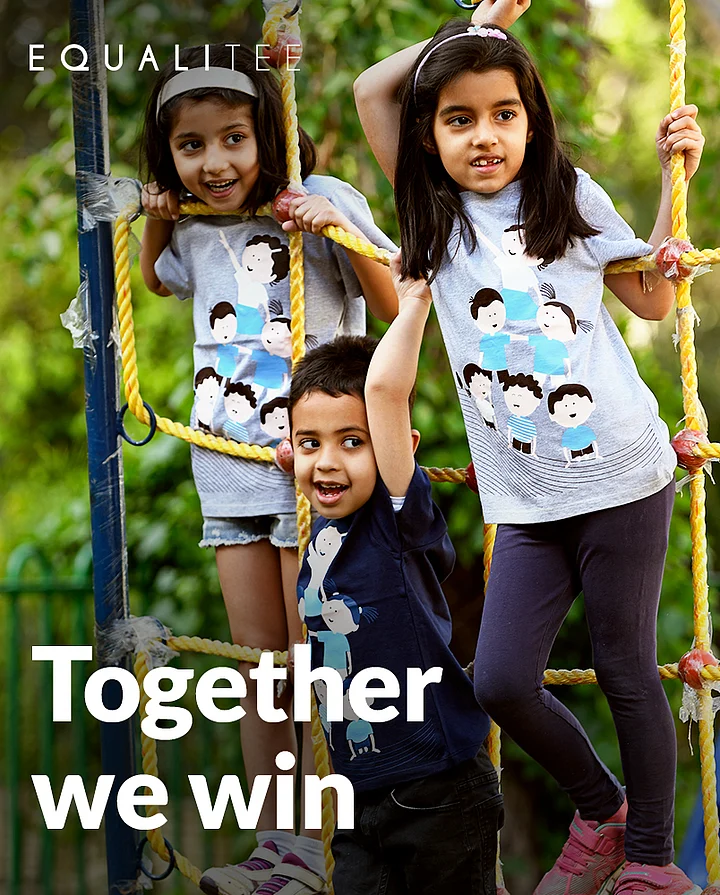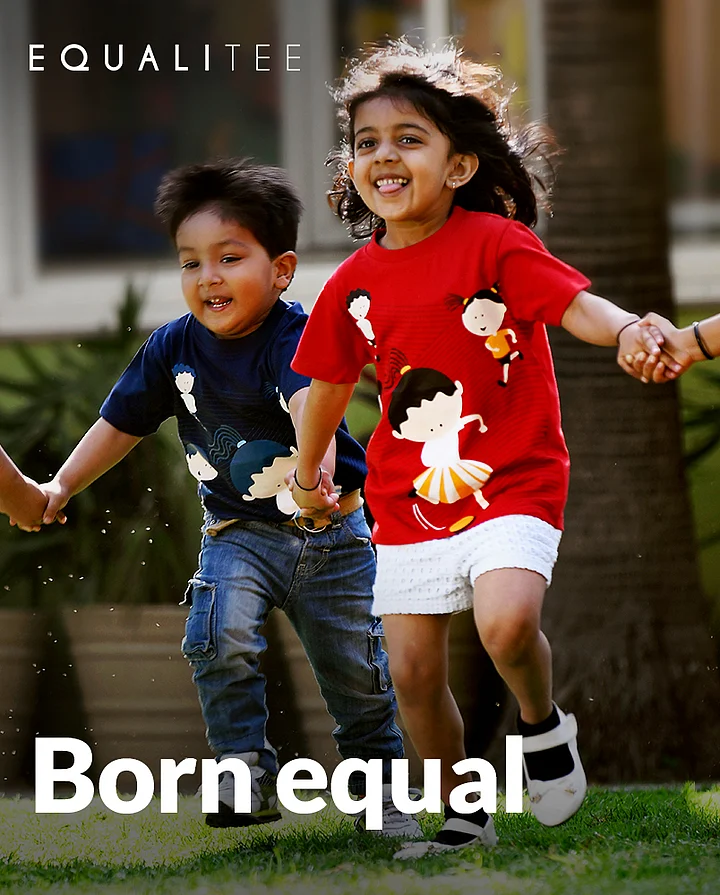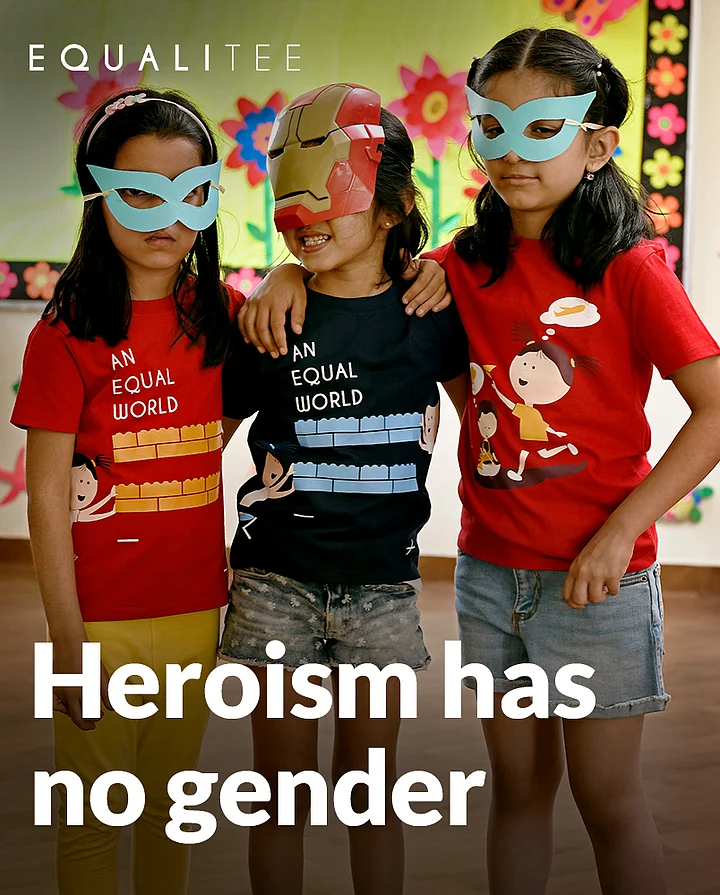
(On 6 September, the Supreme Court of India read down IPC's Section 377, decriminalising homosexuality. FIT is re-publishing this piece from it’s archives on harmful effects of gender stereotyping in kids.)
As the mother of a three-year-old, I am amazed by how our children are bombarded with highly gendered messages through media and culture creating narrow boxes of identity, expression and aspiration. From a young age our children are exposed to limited, and limiting, ideas about what it means to be a boy or a girl. Think superhero culture that idealises aggression, dominance and emotional denial for boys, or a princess culture which tells girls that their true value is in their beauty and physical appearance.
Think the desire to create pink and blue boundaries. So, what’s wrong with such a world?
Too caught up to read? Listen to the story here:
Gender Stereotypes Hold Our Children Back, Hurt Them Emotionally

Unrealistic expectations of beauty and sexiness for girls, especially in media, create a sense of anxiety, poor self-esteem and body-image issues. Boys are constantly told to hide their true feelings. The ‘be tough’ message aimed at boys correlates to higher risk-taking and impacts their health negatively. From binge drinking to drug abuse, risky driving to physical violence, they are pressured to fit the mode of toxic masculinity.
Gender Stereotypes Hurt Our World Economically
According to reports, gender discrimination is estimated to cost the global economy up to $12 trillion annually in wasted potential. It limits our children’s career aspirations leading to waste of talent and productivity.
According to a recent study, among children of age 10-15 years (and caregivers) from 15 countries, including India, it is evident that gender stereotypes are ingrained from the age of 10. It is hence clear that to change outdated attitudes about what it means to be a boy, or a girl, we need to intervene at a much earlier age.
My work, and my own experiences with my daughter, taught me that if we want to bring change, we needed to shift this conversation to popular culture.

We, and especially our children, make sense of the world around through images. If all images of sport, adventure, outdoor or heroism are synonymous with boys and images of being kind, caring, nurturing and surface beauty with girls, we end up reinforcing stereotypical ideas for our children. The good news is that if we become more aware of these biases, we have a better chance challenging and winning over them.
Also, as consumers, we vastly underestimate how deeply we are influenced by subliminal messages all around us. Hanna Garcia of Blod Design in UK recently surveyed clothes from twelve major high street chains in UK to find out how animals are represented on kids’ clothing. Here’s what she found:
The animals found on boys’ clothes are far more likely to be large, dangerous, wild, and powerful. They are hunters and predators. Those on the girls’ clothes are more often small, harmless, domesticated, and prized for their appearance. They are cute and obedient. They are more likely to feature baby animals too, or add bows and flowers to animals just in case anyone was worried about them being mistaken for boys.
Does this matter? Yes, say the researchers. They speak about how children’s ideas about what’s appropriate for their gender can be manipulated and urge parents and marketers to avoid gender-labeling toys and remove colour divides.

Please don’t unduly stereotype. It’s bad for our children. It’s bad for our society. And as more parents, in the absence of choice, turn creators from consumers, it’s imminent that stereotypes will soon be bad for business too.
(At The Quint, we are answerable only to our audience. Play an active role in shaping our journalism by becoming a member. Because the truth is worth it.)
